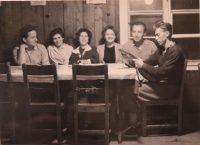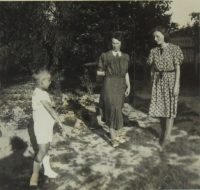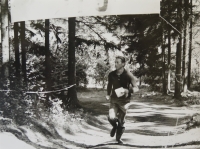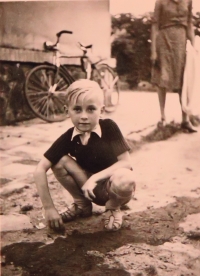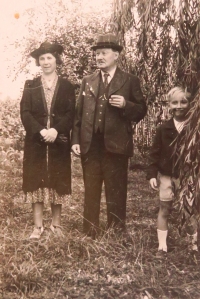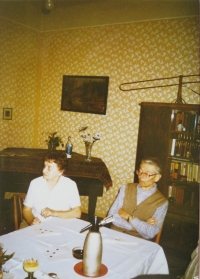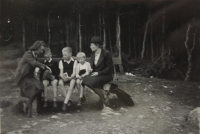From one dictatorship to another

Download image
Milan Mátl was born on the 30th of October in 1935 in Vienna. His family was a part of the local Czech minority which counted about fifty thousand. His father refused to join the Wehrmacht during the WWII and was sent to work for the Technishe Nothilfe. Milan witnessed several bombings of Vienna, in one of those, his eight-year-old friend Pavel Kudrna perished. In the summer of 1944, the house where the family lived suffered a direct hit by a shell and they were nearly buried the rubble. After the war, in 1946, the family returned to Czechoslovakia and they settled in Šumper, in the Moravian borderland. Milan Mátl attended secondary school in Šumperk and then he studied at the College of Chemical Technology in Pardubice. After graduating, he got a job in the First Five Year Plan Factoryin Šumperk, a producer of cemented carbide implements renamed Pramet in 1966. During the political thaw in 1968, he became active in the Revolutionary Unions Movement (RUM). In September 1968, just after the invasion of the Warsaw Pact armies, he was elected as the head of the local organisation of the RUM in the research institute of powder metallurgy in Pramet and later, he became the vice-chair of the District Council of Trade Unions in Šumperk. The following year, his activities got him fired from his job and for several years, he was under surveillance of the State Security as a person hostile to the state. Until the Velvet Revolution, he worked as a field geologist. At the beginning of 1990, he was offered the post of the secretary of the District National Council, later the district council, when the whole council was replaced. He accepted the offer and stayed in the council until the end of the year, then he returned to his job in field geology. He was active in politics and got elected vicechair of the Moravian and Silesian branch of the Green party. He kept this paid post for several years and then he worked as a chemist in the ABA company until his retirement. In 2022, he lived in Šumperk with his wife Helena.
